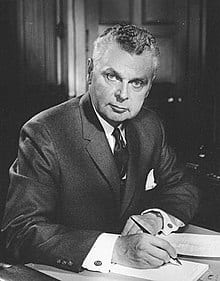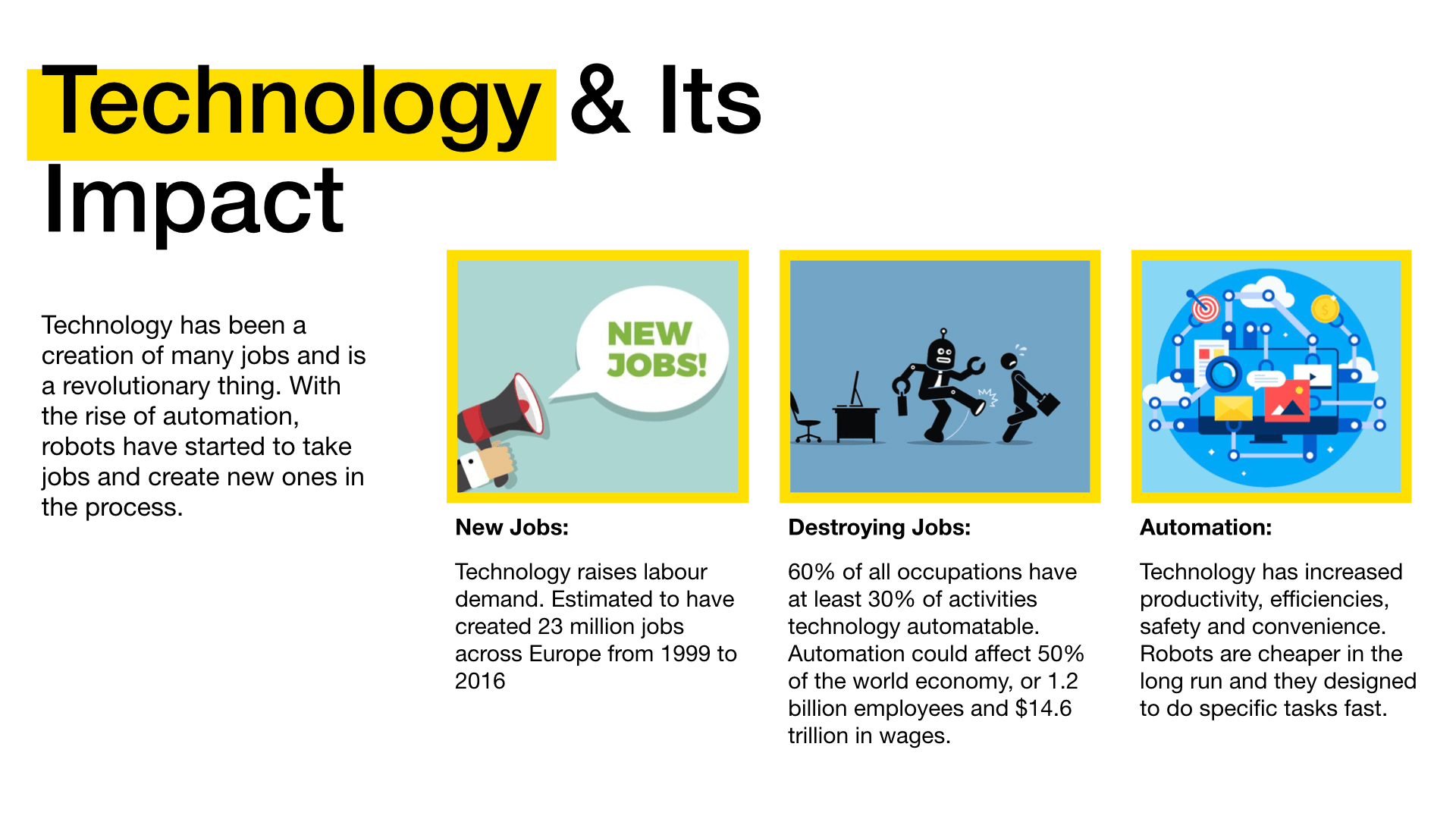Episode 7 of the Iron Sharpens Iron Podcast is out and can be streamed on any platform! In this podcast episode, I interview Craig Johnston, a prominent Deep Cove resident. The place you live makes you who you are, and your life experiences shape your worldview. Craig Johnston has matured with age and grew as a person from his jobs, travels and the people in his life.
To listen to another great episode on the impact of technology throughout history by Angelo Giustino, listen to the episode below.
This project heavily relied on the Deep Cove Heritage Society, so check out their website to learn more about the history of Deep Cove and how to keep it intact.
World War 2 put the whole world into a fiasco. From 1939-1945, hundreds of millions of soldiers and workers were enlisted and employed to contribute to their country. Canadians were a part of this global effort, in which many people were employed, escaping a poor economic state. The end of the war was the beginning of prosperity and a better quality of life. The economy was prepared for returning soldiers with programs, training and housing, which allowed for economic growth and development in Canada.
With the “nuclear family” and a feeling of a perfect life, the 1950s were a time of immense affluence. People could finally settle down and live the postwar dream for the first time in decades. The dream was to put the war behind them, find a stable career, marry, buy a home, and start a family. It was a good life, and it marked the beginning of Canada’s afflux in wealth. There were roles for each family member and a routine to control as much as possible.
My opinion is that not everything has to be perfect, and you want to make your life fulfilling with stuff you love to do. There is no rule to live, and you don’t have to live the life of others to be happy. Happiness doesn’t come from the materialistic goods you have; it comes from your experiences and those around you. Money doesn’t always make you happier, but you should follow your heart in your life choices. It sounds cliché, but it just means, don’t waste your life acquiring money or assets while living an awful life. You only live once, so make it count. People dwell so much on the perfect life that it starts to harm their current life.
Prior to World War II, governments did not believe it was their job to care for their citizens. They were in charge of roads, mail, armies, and treaty signing. They didn’t provide any assistance to those in need, and workers didn’t have any rights. The economy was depreciating, and the failure to anticipate the end of World War I when it did threw the economy and country into disarray. During the Great Depression, millions of Canadians were left unemployed, hungry and homeless. There were national ramifications, which plunged the economy into the most profound trade depression in our history. Many people relied on government relief to make a living and prompted the federal government to solve these problems through make-work projects, social programs and increased spending.
John Diefenbaker introduces the Canadian Bill of Rights to parliament in 1958, solidifying individual rights, freedom and equality. Only applying to federal laws, they could not override existing laws. The problem; it’s just vague words on a piece of paper that can be misinterpreted. However, it was a step in the right direction and helped create the Charter of Rights and Freedom in 1982. The Bill of Rights remains in effect, but many of its provisions were replaced by the Canadian Charter. The Charter is a much broader human rights law and applies to federal and provincial laws and actions, being a part of the constitution. It protects fundamental rights and freedom, whether it is civil, social or cultural rights.
Unions, which arose in the postwar era, helped build trust and contribute to Canada’s success. Following WWII, unions played a critical role in Canada’s development and economic progress. The middle class in Canada and the emergence of unions are closely correlated. Unions helped to establish a stable economy and a healthy, thriving country. People could now afford houses, better food, vehicles, and other products, thanks to the efforts of labour unions. With the increase of goods bought, jobs and opportunities were created. Governments used social programs like family allowance, health programs, and employment insurance to help gain the trust of prosperity and protect Canadians. I am particularly grateful for having free health care, which applies to every single Canadian.
Showing the continuity and change from the 1950s to now, I made a Keynote presentation on jobs. I did a lot of research on how jobs were impacted by time, technology and hard work, so I was informed when presenting. Making a template to show the information clearly and using presenter notes made the presentation run smoothly. I did a good job looking up and explaining all my points confidently. Despite saying “uhh” quite a few times, I found it came more naturally than previous presentations.
Interviewing Craig Johnston shed light on Canadian and, more specifically, Deep Cove life from the 50s onwards. Being over an hour-long, I had a lot of resource material to work with and was one of the most challenging podcast to edit. I ended up with a 19-minute podcast episode covering worldview, hard work, the economy, continuity and change. Despite the length, I consider the episode engaging, and the editing and format highlight the content. I did a good job cutting out less valuable information and telling a coherent story. Using Descript, an audio transcript editor, I probably had over a thousand cuts, and I don’t even notice them even when knowing where they are. I created the background piano piece using GarageBand and a MIDI keyboard, covering all my lines.
Planning my episode through a script centred around my transcript, I was able to visualize and make meaningful comments about the topics. Organizing it into topics, I found much more success in the cohesiveness, structure and meaningful message. I connected my views and learning to the interview to tell a story about Deep Cove. Building a vast understanding of Craig Johnston’s lifelong story and sharing it for everyone in the world to see, I created my own views on the matter and added my personal touch.
I was intrigued by the amount of knowledge Craig Johnston and the experiences throughout his life that have taught him vital lessons in hard work. Motivation evolves throughout a person’s life; you know more about where you want to go or what you want to improve, or what you want to attain. Age brings maturity and growth as a person from jobs, travelling, people in your life, and your location. People and situations around the world inspire and teach people about actual hard work. Many people work to make ends meet and provide their families with a meal on the table every day. Recognizing your privilege is the first step in your success, and you have to take advantage of these opportunities. Focusing on failure will never help, and your mindset is everything when it comes to mental toughness.
I can imagine in another 50 years, kids our age will be doing the same type of projects looking back in the past and seeing the continuity and change. There is still a lot to accomplish, and I hope to promote equality and prosperity throughout Canada. I hope our generation can do a good job taking over the country. I hope we fix the issues plaguing us today. But all we can do is wait and see, just like previous generations did before us.










Leave a Reply